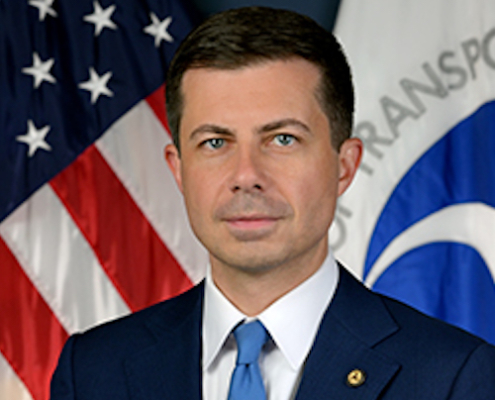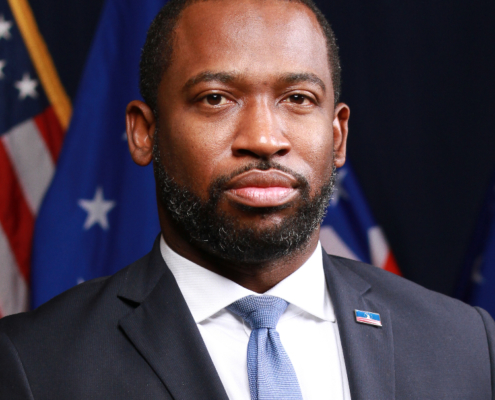Subscribe
Recent News

Opinion: To Beat DOGE, Democrats Must Learn From DOGE
MediaChristopher Hale | Newsweek

Statement from NewDEAL CEO on the Violence at Governor Josh Shapiro’s Residence over the Weekend
Media, Statements and Press ReleasesStatement from NewDEAL CEO on the Violence at Governor Josh Shapiro’s…
 https://newdealleaders.org/wp-content/uploads/2022/02/compare-fibre-udc7-Aw6I_o-unsplash.jpg
853
1280
Rachel Walsh
http://newdealleaders.org/wp-content/uploads/2019/11/logo-tnd.png
Rachel Walsh2025-04-08 18:49:572025-04-08 18:50:09States to DC: “No More BEAD Delays”
https://newdealleaders.org/wp-content/uploads/2022/02/compare-fibre-udc7-Aw6I_o-unsplash.jpg
853
1280
Rachel Walsh
http://newdealleaders.org/wp-content/uploads/2019/11/logo-tnd.png
Rachel Walsh2025-04-08 18:49:572025-04-08 18:50:09States to DC: “No More BEAD Delays”
Opinion: To Beat DOGE, Democrats Must Learn From DOGE
MediaChristopher Hale | Newsweek




